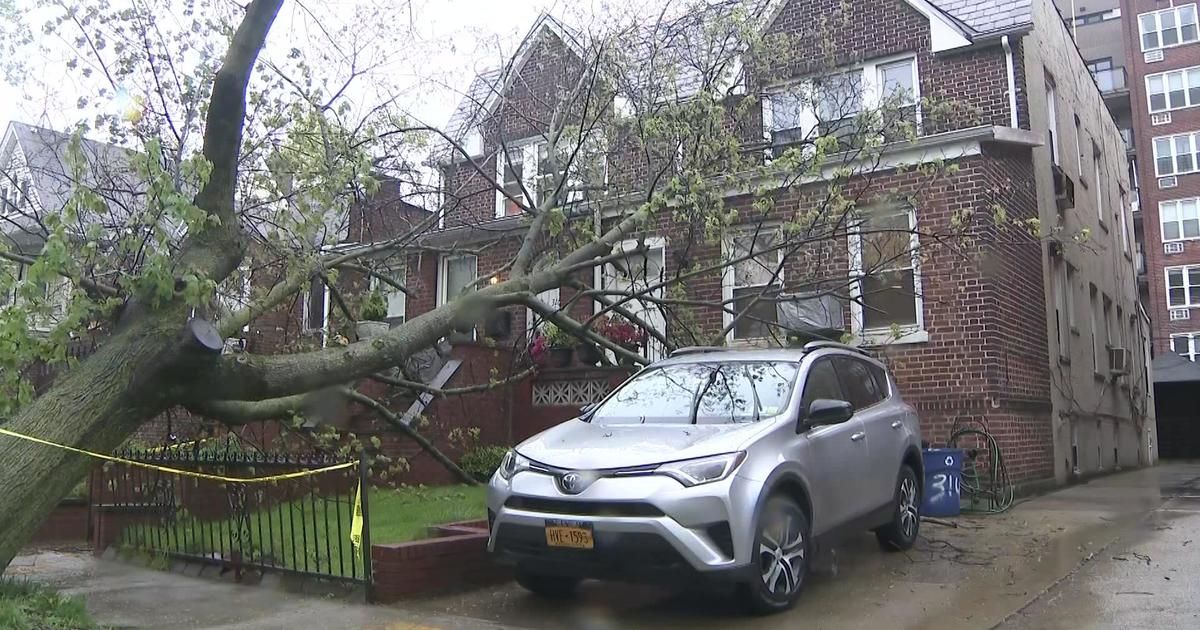Killer Tide: The Voices Of Addiction
NEW YORK (WCBS 880) -- Once considered a scourge of the inner cities, opioid abuse has now moved into middle and upper class neighborhoods.
It affects the young and old, the blue and white collar worker alike. It often begins with a doctor over-prescribing pain medications. Pill users can never imagine sticking a needle in their arm, but many end up doing just that. When a loved one becomes an addict, it hurts the whole family.
In her suburban Westchester home, Carol Christiansen displays a photo album of her son from ages 2 to 28 years old. It was put together by her daughter after Erik, an NYPD detective, died of a heroin overdose. He was a star wrestler in high school and was on the fast-track at the NYPD, becoming a detective with fewer than five years on the job.
Erik worked undercover, helping to get narcotics off New York City streets. In an ironic twist, he became hooked.
"It all started with a pill for back pain," Carol tells reporter Marla Diamond.
Learn More: Killer Tide: The Opioid Epidemic
Erik struggled for a year to kick the habit.
"All he kept saying was, 'I want to be the man I used to be,'" Carol says.
It was June 14, 2012. On the day of his funeral, Carol read an article in the local paper, written by Susan Salomone, of Carmel, who lost her son Justin to a fatal overdose two weeks before.
The grieving parents formed a bond and a place for addicts and their families to go for help, called Drug Crisis In Our Backyard. One of the organization's goals is to reduce the stigma of addiction, to bring it out of the shadows.
They help get addicts into treatment and give their families a space to share without judgement.
"You want to talk about your kid and you can't. Every time I say Justin's name it makes me happy," Susan tells Marla.
It took some time for Elizabeth Campanella to walk through the doors of the center. Her daughter, Christy Rose, who struggled with mental illness and an addiction to Xanax and heroin, made her family's life, she says, a living hell.
"Her death devastated us. It continues to. You just get used to feeling sad," she says.
Addiction often runs in families.
If you are using drugs or alcohol, or suspect a loved one may be, it's important to take action right away. The following links from the Partnership for Drug-Free Kids can provide helpful information: http://www.drugfree.org/get-help & http://www.drugfree.org/resources/is-your-teen-using-signs-and-symptoms-of-substance-abuse/.
Next week: From the White House to the state house, elected officials are trying to break the stigma surrounding opioid abuse and aggressively pursue ways to improve and expand treatment, even for offenders.



